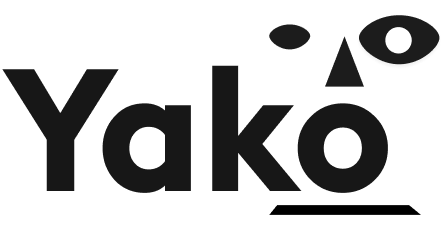Primary schools are a place where children learn not only academic knowledge but also important social and emotional skills for their development. One of these skills is awareness and empathy towards people with disabilities.
Why educate children about disabilities?
Awareness of disabilities is important for several reasons. Firstly, it allows children to understand that people with disabilities have different needs and challenges than other children. This can help children become more empathetic and learn to respect differences. Furthermore, awareness of disabilities can also help children with disabilities feel included and accepted in society.
When children have a better understanding of disabilities, they are more likely to behave appropriately and show understanding towards their classmates with disabilities.
How to educate children about disabilities?
There are many ways to teach awareness of disabilities to children in schools.
Primary schools can organize special events to raise awareness among students about disabilities. For example, students can attend lectures given by people with disabilities, meet Para-athletes, etc. Primary schools can also organize educational activities to help children understand disabilities and learn to respect differences. Teachers can also organize discussions about disabilities where children can ask questions and learn from each other. Parents can also play an important role in raising awareness of disabilities by talking with their children at home. They can encourage their children to make friends with people with disabilities, ask questions to better understand the challenges that people with disabilities face, and develop empathy.
Disability and adaptation in sports
Sports are an excellent way to promote adaptation and inclusion of children with disabilities.
Para-sport, in particular, offers a unique opportunity for disabled children to participate in physical activities in competition with other disabled or non-disabled athletes. Para-sport shows that people with disabilities can be competitive and contribute to the world of sports in a meaningful way. Para-sport events can also be used to teach awareness of disabilities in primary schools.
For example, the participation of disabled athletes in the Olympic Games has become a source of inspiration for children around the world. The story of Bebe Vio, an Italian fencer who lost her arms and legs at the age of 11 due to meningitis, is an example of how disabled athletes can overcome seemingly insurmountable obstacles. Bebe Vio won a gold medal at the 2016 Paralympic Games in Rio and has become a source of inspiration for children in Italy and around the world.

